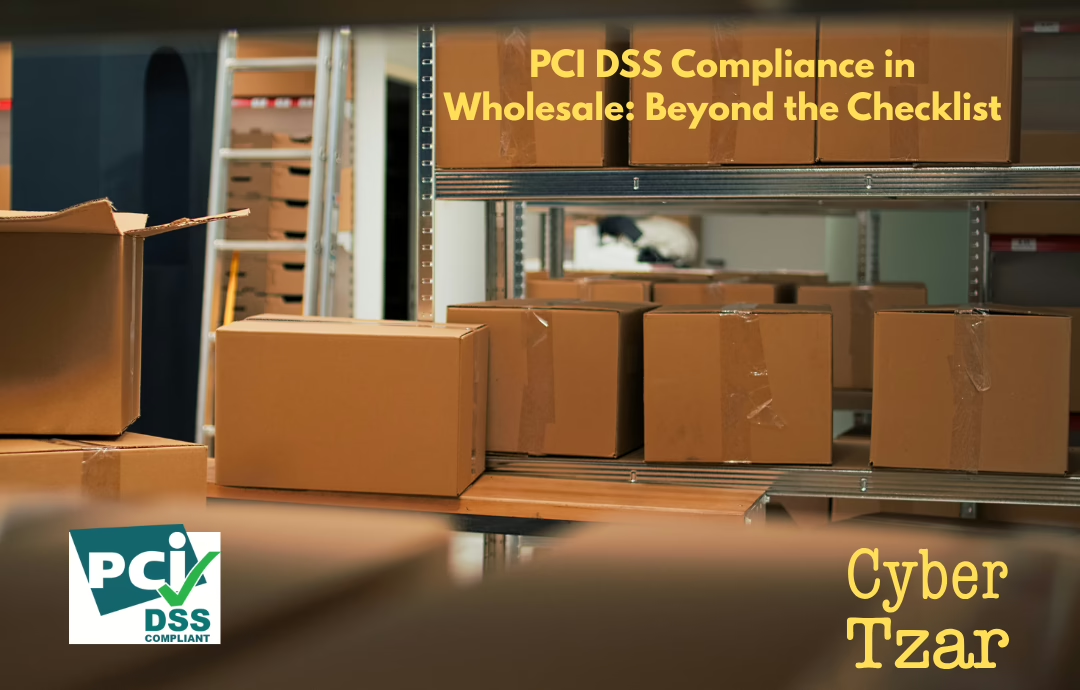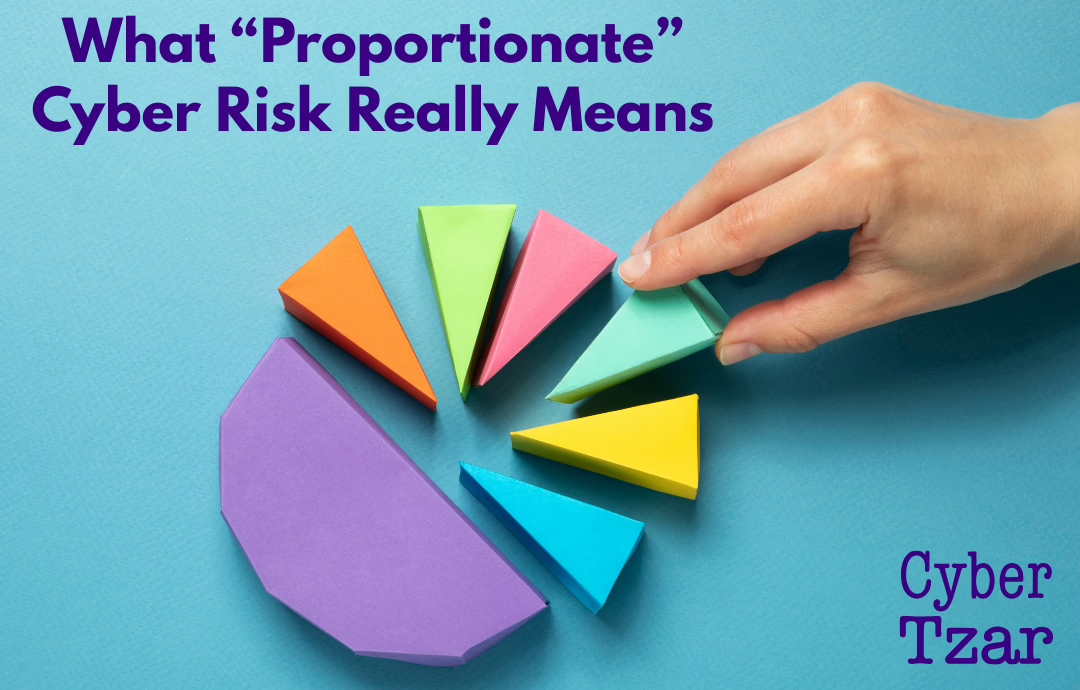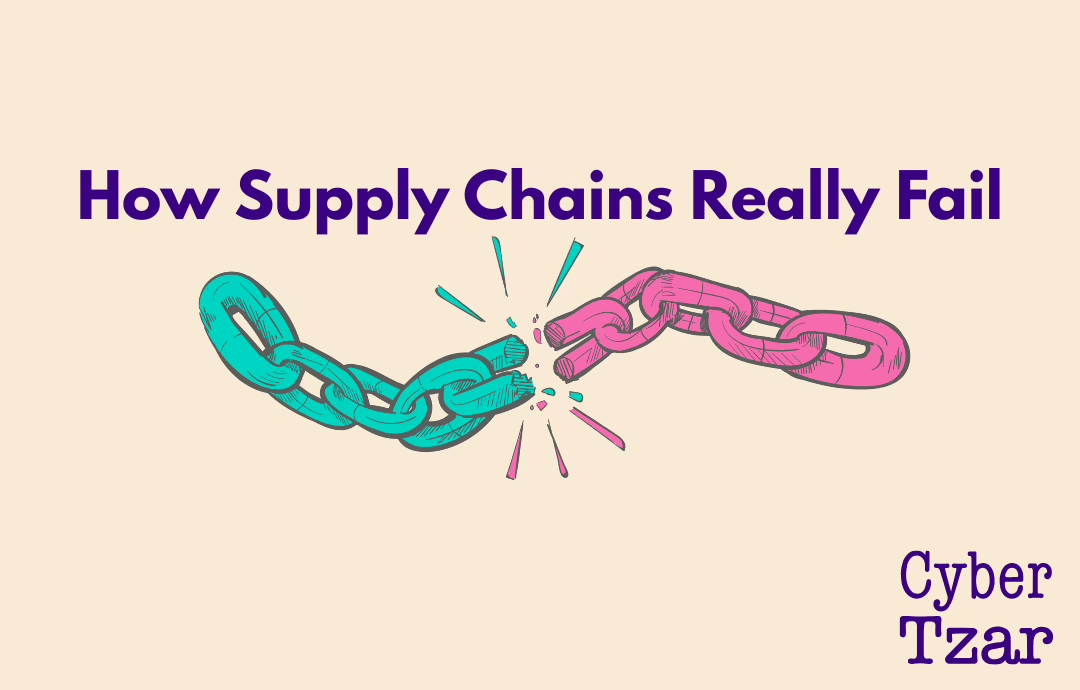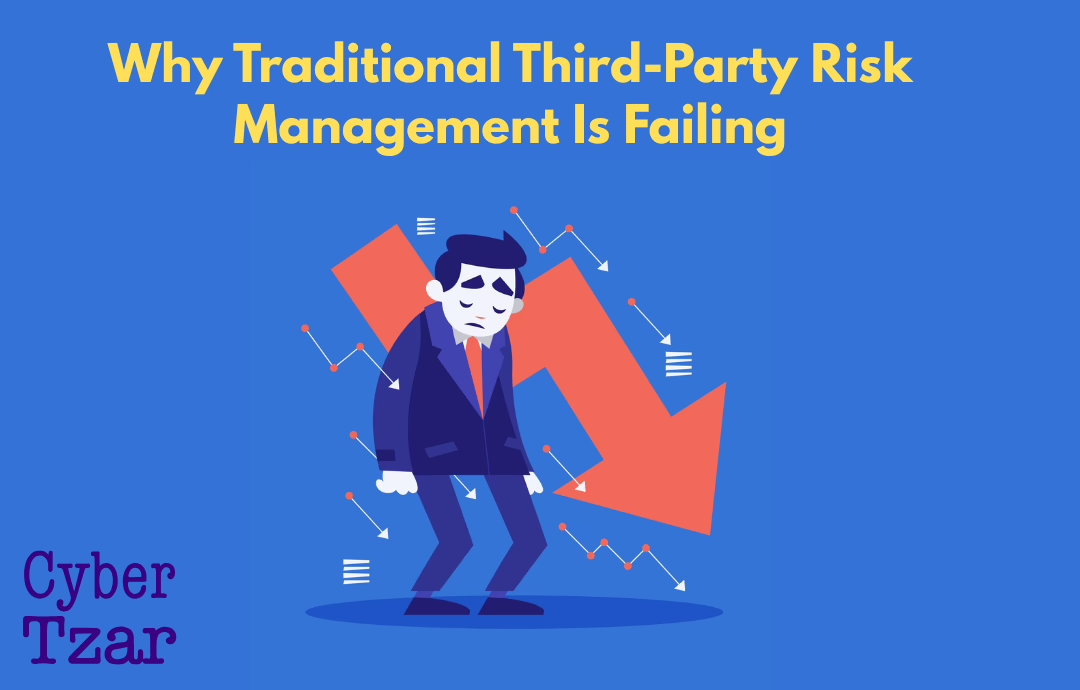For wholesalers and B2B retailers handling card payments, compliance with the Payment Card Industry Data Security Standard (PCI DSS) is nothing new. But as wholesale businesses expand online, integrate new payment gateways, and digitise operations, it’s clear:
✅ Compliance is not the same as protection.
The updated PCI DSS v4.0 framework has raised the bar — and revealed that many wholesalers are ticking boxes without truly securing payment data. In 2025, it’s time to go beyond the checklist and ask the deeper question:
🔍 Are we actually secure, or just technically compliant?
What PCI DSS Really Demands Now
With v4.0, the PCI DSS framework focuses more on outcomes, flexibility, and continuous improvement. Key themes include:
📐 Customisable security controls – allowing for tailored risk-based approaches
🔁 Continuous monitoring – not just once-a-year audits
🧠 Security awareness and user behaviour – highlighting the role of human error
📄 Proof of effectiveness – not just presence of controls, but evidence they’re working
For wholesalers, this means that cardholder data environments (CDEs), network segmentation, and encryption practices need regular scrutiny — not just an annual audit.
Common Weak Spots in Wholesale Environments
-
🧱 Flat networks – With minimal segmentation between operational systems, POS devices, and web services
-
🔁 Legacy systems – Old payment software or backend systems that no longer meet modern security requirements
-
🧍♂️ Untrained staff – Especially in warehouse and finance roles, where phishing can bypass even the best firewalls
-
🖥️ Third-party integrations – ERP, e-commerce, or logistics platforms that touch payment data but are outside the audit scope
-
🔓 Misconfigured remote access – Especially for external IT support, still a leading vector for ransomware
Compliance + Visibility = Confidence
True PCI readiness for wholesalers requires:
-
Regular vulnerability scanning – To uncover unpatched systems and exposed ports
-
Network segmentation – Keeping payment systems isolated from other business functions
-
Access control – Ensuring only those who need access to cardholder data can get it
-
Third-party risk assessment – Auditing payment providers, IT vendors, and e-commerce partners
-
Incident response planning – So when (not if) something happens, your team knows what to do
How Cyber Tzar Helps Wholesale Businesses Secure Payment Systems
Cyber Tzar provides wholesalers and large retailers with the tools they need to move beyond checkbox compliance:
✅ Vulnerability scanning of all public-facing infrastructure
✅ Benchmarking against sector norms and PCI-specific controls
✅ Visibility into supplier and platform security postures
✅ Reporting dashboards suitable for internal audits, insurer queries, or board-level briefings
We help wholesale operations link cyber risk, payment security, and business continuity — in one platform.
💳 Want to know if your payment systems are truly secure?
Start a PCI-focused scan today at cybertzar.com



